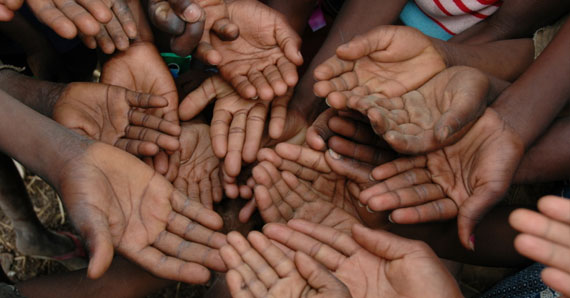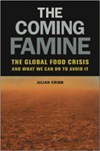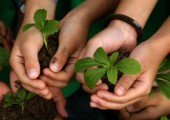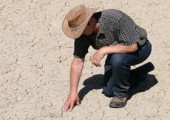
600 quadrillion calories-a-day and counting
Author | Julian Cribb
Most of us have by now heard the forecast there will be 9.2 billion people in the world of 2050.
But current projections suggest human numbers will not stop there – but will keep on climbing, to at least 11.4 billion, by the mid 2060s.
Equally, the world economy will continue to grow – and China, India and other advancing economies will require more protein food.
Thus, global demand for food will more than double over the coming half-century, as we add another 4.7 billion people. By then we will eat around 600 quadrillion calories a day, which is the equivalent of feeding 14 billion people at today’s nutritional levels.
The central issue in the human destiny in the coming half century is not climate change or the global financial crisis.
It is whether humanity can achieve and sustain such an enormous harvest.
The world food production system today faces critical constraints. Not just one or two, but a whole constellation of them, playing into one another – and serious ones.
This is the great difference from the global food scarcity of the 1960s. Then the constraints were around skills and technology – and the generous sharing of modern agricultural knowledge and technology in the Green Revolution was able to overcome them.
Today the world faces looming scarcities of just about everything necessary to produce high yields of food – water, land, nutrients, oil, technology, skills, fish and stable climates, each one playing into and compounding the others.
So this isn’t a simple problem, susceptible to technofixes or national policy changes.
Julian Cribb is an award winning science writer with over 7000 published articles. He is a Fellow of the Australian Academy of Technological Sciences and Engineering (ATSE) and principal of Julian Cribb & Associates, consultants in science communication.
His book ‘The Coming Famine’ is about the global food crisis.






